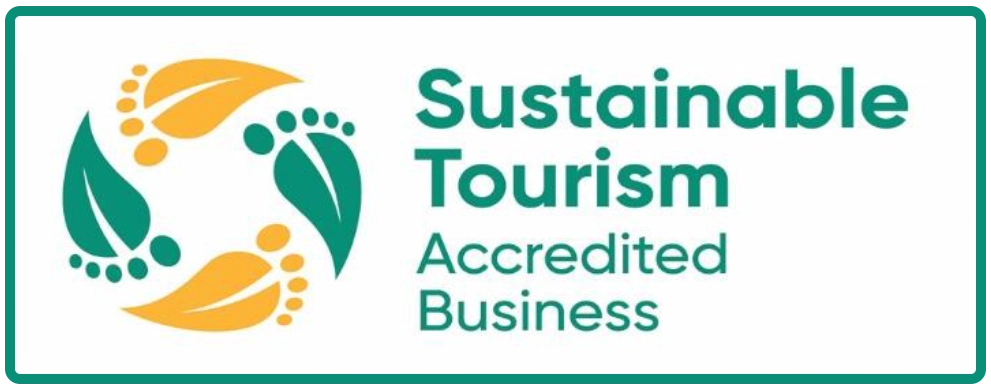Coral Bleaching and the Whitsundays

Corals are the building blocks to the Great Barrier Reef, providing food, shelter and breeding grounds for many of the marine animals that live here. Without them, there would be no reef; they provide colour and vibrance as well as a foundation for all other life to grow.
The Great Barrier Reef is currently dealing with a major bleaching event that has affected a vast majority of reefs all along the coast, with the most severe bleaching happening in the northern reefs and the least in the southern reefs, such as the Whitsundays.
There have been several major coral bleaching events happening in recent years, notably in 1998, 2002 and now in 2015-2016 due to increasing water temperatures. Bleaching, as it is known, happens when the relationship between algae and their host coral is disrupted and the algae are expelled, leaving them exposed, colourless and without a source of energy. Most of the bleaching has happened in the northern reefs, where the water is warmer, therefore causing the bleaching to be more severe.
Algae not only provide coral with their colour, but are also the primary provider of food and energy to the coral, which is why the coral are at risk of dying once the algae leave. However, it can take weeks for coral to starve, meaning bleached coral is not always dead coral. If the water cools quickly enough and the algae are able to return to their host, the coral can begin go grow and reproduce again.

What causes coral bleaching?
The main causes of coral bleaching are increased water temperatures, poor water quality and freshwater inundation that cause the algae and coral to become stressed and disrupt their symbiotic relationship. This can be caused by global warming, pollution or severe weather, to name a few. Increased temperatures generally occur in the summer, with coral bleaching triggering if the water temperatures increase more than one degree Celsius every four weeks.
Is there coral bleaching in the Whitsundays?
The answer is yes, but there is only minor bleaching in the Whitsundays compared to the rest of the Great Barrier Reef. While coral bleaching happens all over the world and is currently ongoing on the Great Barrier Reef, it has been said to have little effect on the Whitsundays, with very few areas being severely affected. Most of the bleaching in Northern Queensland is happening north of Lizard Island (appx 1000km away from the Whitsundays), where the water temperatures are warmer.
In the 1998 bleaching event, 50% of the Great Barrier Reef were affected with only 5% damages. In 2002 60% of the Great Barrier Reef was affected, with again only 5% of the reef sustaining severe damage. Research for the 2015-2016 coral bleaching event shows that the top quarter of the reef is experiencing upwards of 90% of reefs being affected, while the three bottom quarters are said to doing well with only 1% experiencing severe bleaching, meaning the Whitsundays have been affected less severely by coral bleaching.
Will the reef still look good when I visit the Whitsundays?
Yes, the reefs in the Whitsundays are still vibrant and colourful, full of thriving corals and marine species. Local tour operators say that tourists will still get the full Great Barrier Reef experience here since there has been little bleaching in the area. Unless you know what you're looking for, you're unlikely to notice any bleaching.
What does this mean for the future of the reef?
While no one can predict what is in store for the reefs once the bleaching stops, we can hope that once water temperatures decline, the algae will begin to return to the corals, promoting their growth and health. Corals in the Whitsundays continue to flourish and grow, but the future of reefs further north are at risk.












